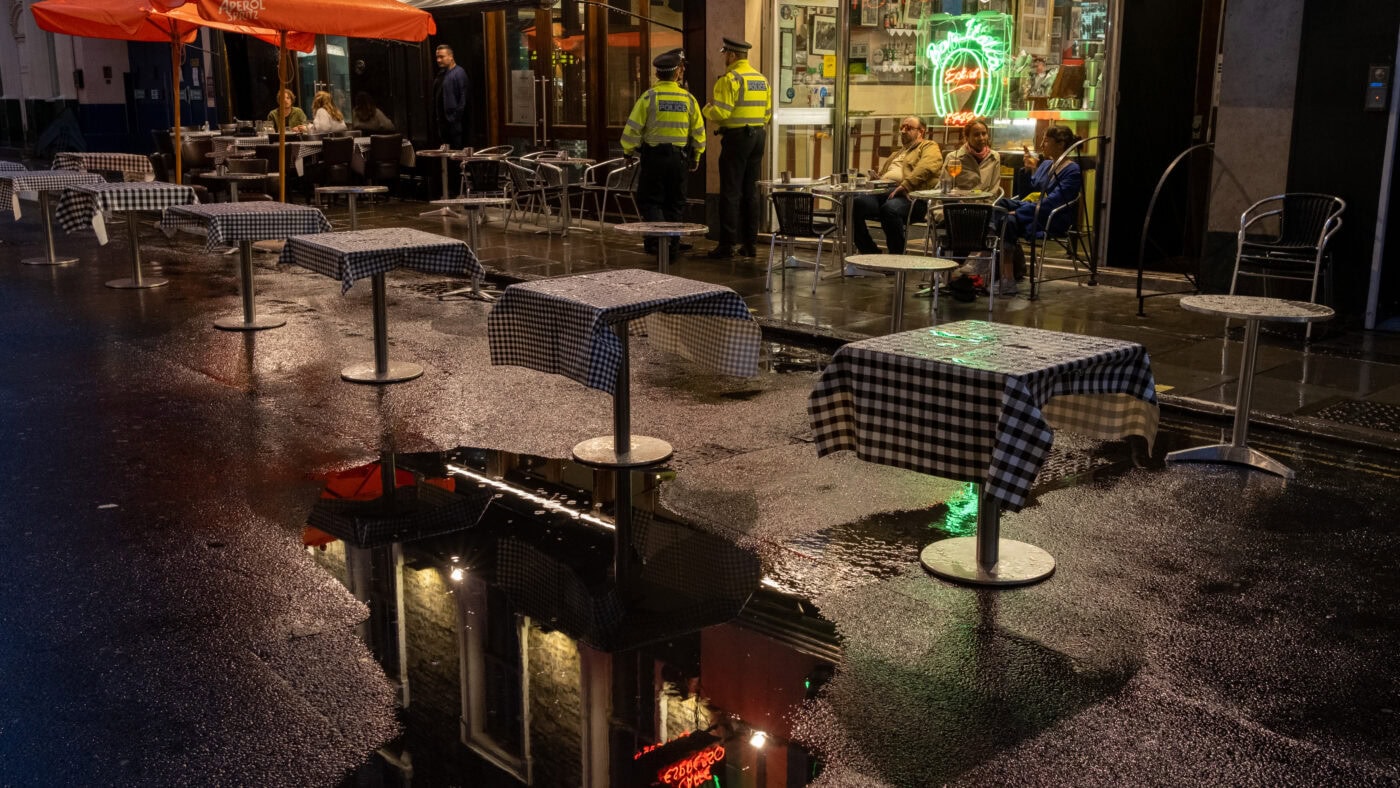In this edition of Nimby Watch, James Ball journeys to… actually, this week let’s just jump right in.
Okay, where are we this week? We’re visiting an idyllic village, somewhere people apparently move for a slower pace of life, to enjoy the peace and quiet and to have uninterrupted access by road to anywhere they’d like to visit. We are, of course, in Soho, in the heart of London’s zone one.
That’s a lot of sarcasm right out of the trap. Isn’t Soho supposed to be the jewel in the crown of London’s nightlife, home of theatres, cabaret, bars and late-night entertainment and/or the city’s seamy underbelly, home of depravity and degradation? Traditionally, it’s supposed to be both! Soho’s association with nightlife, for good or for ill, dates back to the 19th century, and anyone who doesn’t know London well likely still thinks of it as the place to go for a good time in the capital after dark.
Okay, I caught that: ‘anyone who doesn’t know London well’? What about the people who do? Almost no-one who actually lives in London would try to go out in Soho any more. Everything closes at 11pm if you’re lucky, or earlier if you’re not. Late licences are non-existent, venues are closing and the brief, sparkling hope of pavement cafes and bars born in the pandemic was quickly snuffed out.
What’s the problem, then? Nightlife everywhere is suffering: the cost of living is high, so people can’t afford to go out as much. Gen Z drinks less than previous generations did at their age, and rent is a struggle for venues. But Soho is cursed by the people who live there – people who chose to move to a vibrant area in the centre of a city, and an area famed for nighttime entertainment, but who seem to expect it to operate like a suburb of a provincial town.
How does this manifest, then? Only a small number of people actually live in Soho, versus a vast number more who come for drinks, dinner, the theatre or something else. But because the people who live there have votes and the visitors don’t, they have huge sway. The group that most actively lobbies for what these residents apparently ‘want’ is the Soho Society, which seems to want to preserve a vision of Soho that never actually existed.
So what does the Soho Society want? The society itself will say it wants to preserve what’s good about Soho, and that it has nothing against responsible entertainment and nightlife. But in practice it seems to want to turn Soho into a quiet car park. Any attempts to pedestrianise either Oxford Street or the backstreets of Soho are fiercely opposed. Late licences are banned. And the organisation even recently tried to shut down a gin bar in a licensing dispute.
Gin in Soho? Surely not! Well, quite. A start-up distillery opened in Soho and obtained a licence to sell the gin it was making on site, alongside other booze, in a bar. The Soho Society launched a legal action against the bar and the council, saying that the licence shouldn’t have been granted because of the inherent fire risks of operating a distillery.
How did that go, then? Badly! Because operating the distillery had nothing to do with whether or not the company was granted a licence to operate as a bar – the lawsuit was completely ill-conceived and was roundly rejected by the judge, after costing both the council and the fledgling business tens of thousands in legal fees.
Oh dear. Oh dear indeed. The ruling marked an awful few weeks for the Soho Society, after the eternally delayed pedestrianisation of Oxford Street (which it opposed for a number of reasons, including because it would redirect traffic to other roads) was finally approved. Worse yet for the society, it was now on the hook for more than £60,000 of legal costs from Westminster Council and the bar it tried to kill. It warned these costs could bankrupt it.
Disaster! Well, fear not, because it was saved from the brink by a combination of the judge deciding to award only £27,000 of costs against it – leaving the council more than £40,000 out of pocket, and the bar at least £10,000 worse off – so as not to financially ruin the charity. But Westminster Council had generously decided not to even ask for its full costs in the case, essentially offering to donate taxpayers’ money to the organisation that had wasted its time and money suing it.
What a wonderful use of our money! Now who’s being sarcastic?
So, what’s the lesson from all of this, then? Well, mostly I just wanted to celebrate a really bad few weeks for one of Britain’s NIMBYest organisations. But it is worth wondering what on earth these ‘societies’ think cities are for: do we want our towns and cities to be museums to the 20th century, or great places to live for those of us alive now?
I’m not sure I want to hear their answer to that question. Good thought. Let’s not.
Click here to subscribe to our daily briefing – the best pieces from CapX and across the web.
CapX depends on the generosity of its readers. If you value what we do, please consider making a donation.


